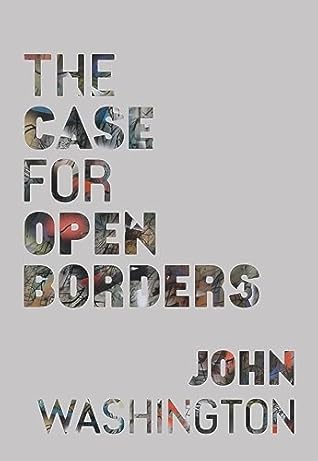Even in “desolate” stretches of Australia’s inland desert, a stone, a bush, and a water hole could be regarded and remembered. Every trail had its own caretaker and sacred significance. “Our history,” Nganyinytja, a Pitjantjara Aborigine woman explained, “is in the land, the footprints of our Creation Ancestors are on the rocks.”4 But in the eyes of the English and the Dutch who first came across this land in the seventeenth century—at least forty-three thousand years after the Aboriginal people first inhabited it—this meticulously cared-for land was empty. The European invaders claimed that
...more
This is one of those examples where an author has to assume what he is trying to debunk. Very few people can look at what the English and Dutch did to the aboriginal peoples and claim it was a good thing. But why is it a bad thing? It was bad precisely because the English and Dutch claimed lands that did not belong to them and forced out or oppressed the original owners of the land.


